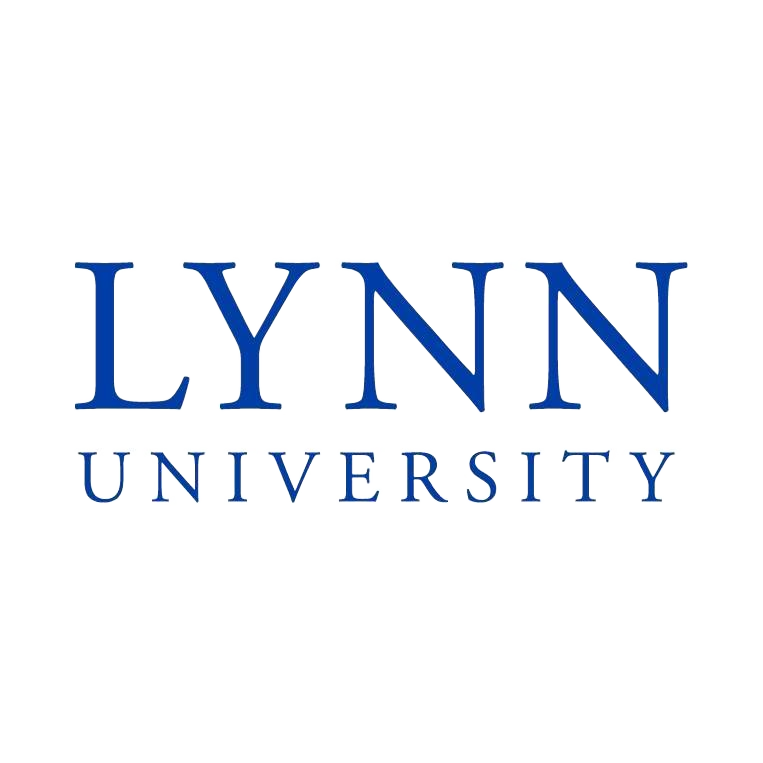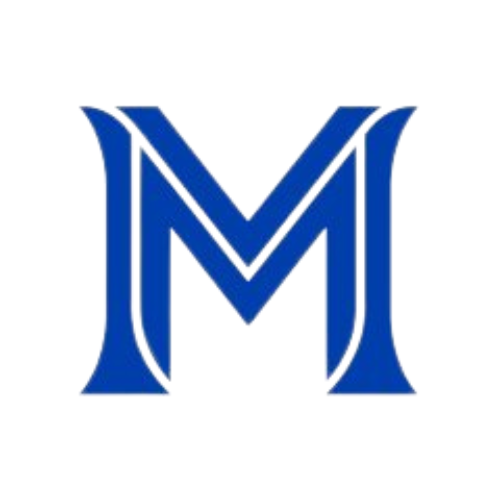
Financial aid (may be available)

Financial aid (may be available)

No cost info

No cost info

Financial aid (may be available)

Financial aid (may be available)

Financial aid (may be available)

Financial aid (may be available)

Financial aid (may be available)

Financial aid (may be available)

No cost info

Financial aid (may be available)
No cost info
$3,286 total

Financial aid (may be available)
$649 total
No cost info
No cost info
No cost info

$4,995 total

$2,730 total
No cost info
Are you interested in a career in Human Resource Administration? If you live in San Francisco, you're in luck! There are several options for Human Resource Administration classes right in your city. In this blog post, we'll explore what Human Resource Administration is, the training requirements, what to look for in a class, what to expect from the day-to-day class, the certification process, how to find a related job, and other classes that you can take after becoming a Human Resource Administrator.

Human Resource Administration is a specialized field within the broader field of Human Resources. It involves the management and coordination of various HR functions to ensure that the organization's employees are effectively recruited, trained, and supported throughout their employment.
To become a Human Resource Administrator, you typically need to have a high school diploma or equivalent. However, many employers prefer candidates with a bachelor's degree in Human Resources or a related field. Some positions may also require additional certifications, such as the Professional in Human Resources (PHR) or the Senior Professional in Human Resources (SPHR) certifications.
When searching for Human Resource Administration classes near you in San Francisco, there are several factors to consider. Here are some things to look for:
Accreditation: Ensure that the class or program is accredited by a reputable accrediting body. This ensures that the program meets certain quality standards and will be recognized by employers.
Curriculum: Review the curriculum to ensure that it covers all the essential topics and skills needed for a career in Human Resource Administration. Look for classes that offer a comprehensive and up-to-date curriculum that aligns with industry standards.
Faculty: Research the qualifications and experience of the faculty teaching the class. Look for instructors who have practical experience in the field and can provide real-world insights and examples.
Resources and Support: Check if the class provides resources and support services to help students succeed. This can include access to career services, internship opportunities, and networking events.
Human Resource Administration classes typically cover a range of topics and skills to prepare students for a career in the field. Here are some examples of what you can expect from the day-to-day class:
Learning about HR laws and regulations: You will study the laws and regulations that govern the workplace, such as labor laws, equal employment opportunity laws, and workplace safety regulations.
Recruitment and hiring practices: You will learn how to effectively recruit and hire employees, including conducting interviews, reviewing resumes, and performing background checks.
Training and development: You will learn how to design and implement training programs to enhance employee skills and knowledge.
Performance management: You will learn how to evaluate employee performance, provide feedback, and develop performance improvement plans.
Employee relations: You will learn how to handle employee relations issues, such as conflict resolution, disciplinary actions, and workplace investigations.
After completing a Human Resource Administration class or program, you may choose to pursue certification to enhance your credentials and job prospects. The most recognized certifications in the field are the Professional in Human Resources (PHR) and the Senior Professional in Human Resources (SPHR) certifications, offered by the HR Certification Institute. The certification process typically involves passing an exam that tests your knowledge and understanding of HR principles and practices.
Once you have completed your Human Resource Administration training, you'll want to start searching for job opportunities. Here are some strategies to help you find a related job:
Networking: Connect with professionals in the field through networking events, industry conferences, and online communities. Networking can help you learn about job openings and gain valuable insights from experienced HR professionals.
Online job boards: Utilize online job boards, such as LinkedIn, Indeed, and Glassdoor, to search for HR job opportunities in San Francisco. Tailor your resume and cover letter to highlight your HR skills and experience.
Professional associations: Join professional HR associations, such as the Society for Human Resource Management (SHRM), to access job boards, career resources, and networking opportunities specifically tailored to HR professionals.
Internships and volunteer work: Consider gaining practical experience through internships or volunteer work in HR departments. This can provide valuable hands-on experience and help you build a network of professional contacts.
Once you have established a career in Human Resource Administration, you may want to consider expanding your skills and knowledge through additional classes or certifications. Here are some other classes that you can take to further enhance your HR career:
Employment Law: This class covers the legal aspects of HR, including labor laws, anti-discrimination laws, and workplace safety regulations.
Compensation and Benefits: This class focuses on designing and managing employee compensation and benefits programs, including salary structures, bonus plans, and employee benefits packages.
Organizational Development: This class explores strategies for organizational change and development, including workforce planning, talent management, and employee engagement.
HR Information Systems: This class covers the use of technology in HR, including HRIS software, data analytics, and HR metrics.
If you're interested in a career in Human Resource Administration, there are plenty of options for classes near you in San Francisco. By choosing the right class and obtaining the necessary training and certifications, you can position yourself for a successful career in this rewarding field. Remember to leverage resources like Dreambound to find the perfect class and explore other vocational training programs that can help you achieve your career goals.
Explore Dreambound's in-depth guides, each shedding light on the unique requirements and challenges in cities across the US. For more insights, be sure to check out our other guides.
Exploring a variety of professional opportunities? Dreambound has many extensive guides to help you make informed decisions. Check out these guides:
Dreambound's platform allows prospective students to find the right educational program for them through searching, filtering, and connecting with our extensive selection of career & technical education partners.
Dreambound has over 70 programs across healthcare, technology, business, and industrial trades. This includes programs such as Medical Billing, Cybersecurity, and welding.
Some of our schools offer financial aid for those who qualify. Many others offer payment plans, where you can pay the cost of class over time.
Yes, Dreambound offers many online programs. On Dreambound's search, you can filter by online, in-person, and hybrid (part online, part in-person).
Dreambound is completely free for you to use! We are supported by schools and organizations who pay to advertise on our website, so we can offer all of our career resources for free.